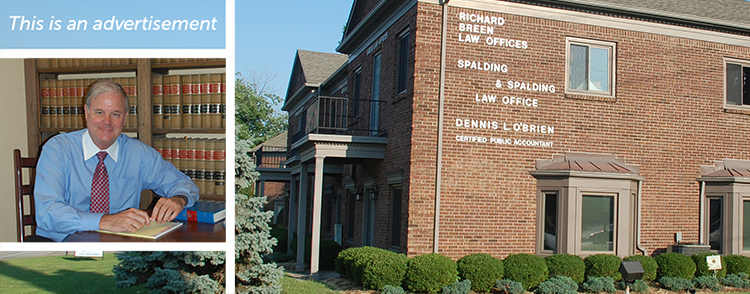 In response to tough economic times, it seems like our television airwaves are being filled with commercials for bankruptcy lawyers and debt management professionals. If you’re struggling under the weight of your debt, you know that it’s very important for you to make the best possible decision to alleviate that burden. However, what is the best decision? What exactly is the difference between debt management plans and bankruptcy?
In response to tough economic times, it seems like our television airwaves are being filled with commercials for bankruptcy lawyers and debt management professionals. If you’re struggling under the weight of your debt, you know that it’s very important for you to make the best possible decision to alleviate that burden. However, what is the best decision? What exactly is the difference between debt management plans and bankruptcy?
Bankruptcy is a court action that involves an attorney and may result in either a repayment plan or a complete erasure of certain debts. Not all debts can easily be absolved under bankruptcy; for example, in most cases, student loans will not be eliminated.
Debt management plans are typically formed with a credit counselor, and they are basically a blueprint to get the debt paid back within a certain time frame. Credit counselors will work with creditors to attempt to get account balances reduced or consolidated, to get late or over-the-limit fees waived or reduced, and to negotiate lower interest rates.
The bankruptcy chapter 7 does take 90 days; however, once the court case is concluded, it’s over with. A debt management plan can span years (until the debt is paid off).
While a bankruptcy may be faster and absolve most debts, it does tend to more negatively impact your credit score. It falls under the “Payment History” section of the credit report. Credit score company FICO says that the “Payment History” section accounts for approximately 35% of your credit score total. How long a bankruptcy stays on your credit score varies by type. Steve Bucci (Bankrate.com) says that a chapter 13 bankruptcy stays on the report for 7 years, while a chapter 7 bankruptcy stays on for 10 years. On the other hand, a debt management plan will has a much less negative impact. It will be noted on a credit report but (as long as you make the payments on time) will not lower your credit score.1
Both types of debt relief have their pros and cons. It really depends on your specific situation as to what is best for you. Most bankruptcy attorneys and credit counselors offer free initial consultations, so the best way to evaluate your situation may be to meet with each, discuss options, and ask questions.
Keep in mind that a debt management plan only works if you can and will make your payments. If you aren’t committed or the debt management plan the credit counselor worked out for you doesn’t fit your budget, you may find yourself needing to file bankruptcy anyway.
1http://www.livestrong.com/article/77618-debt-management-plan-vs.-bankruptcy/








Speak Your Mind